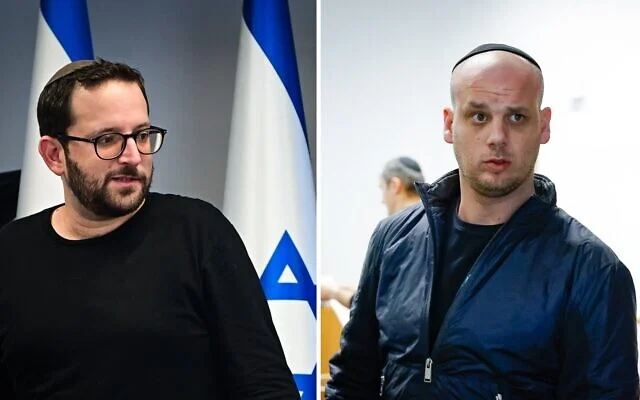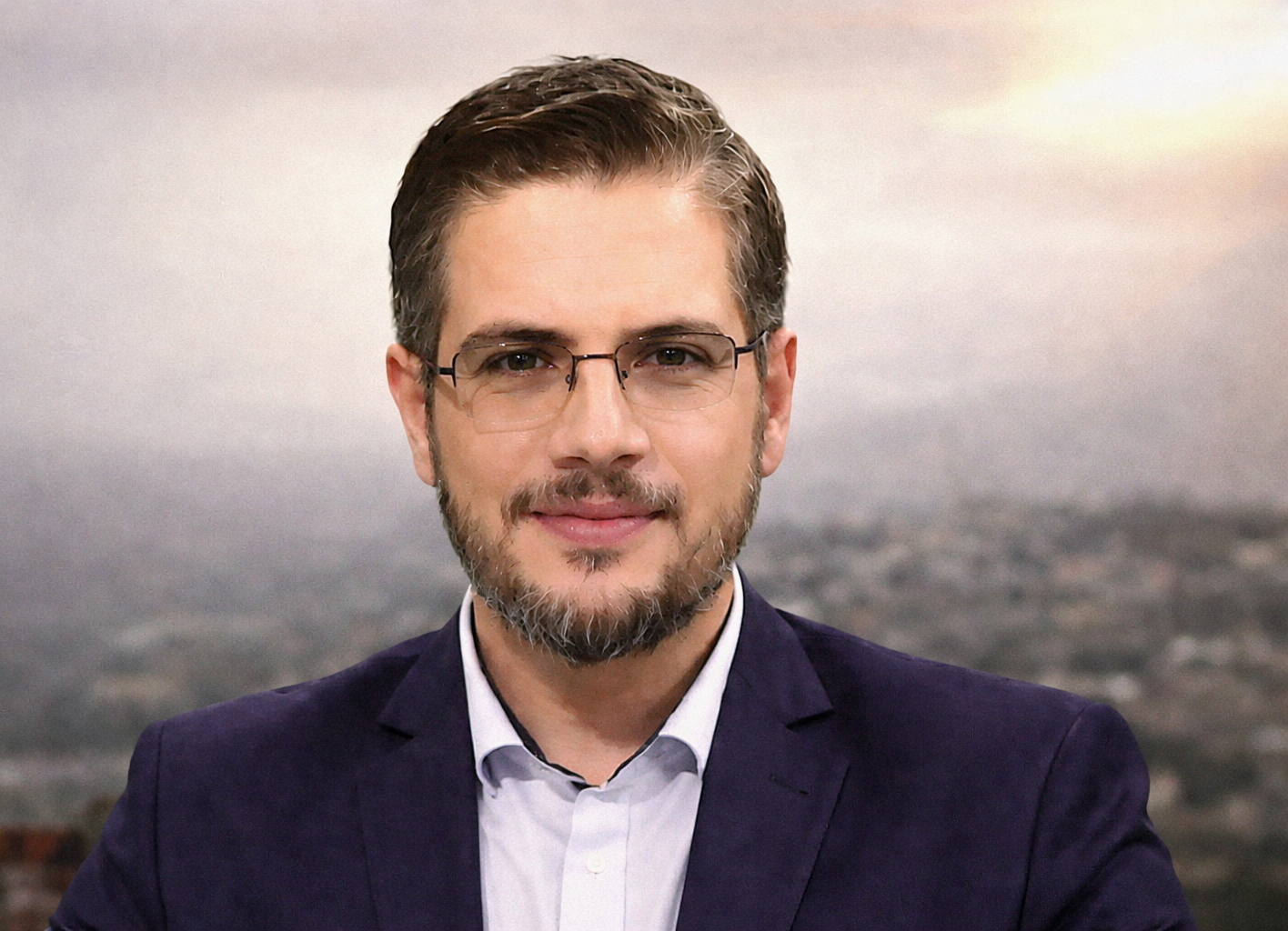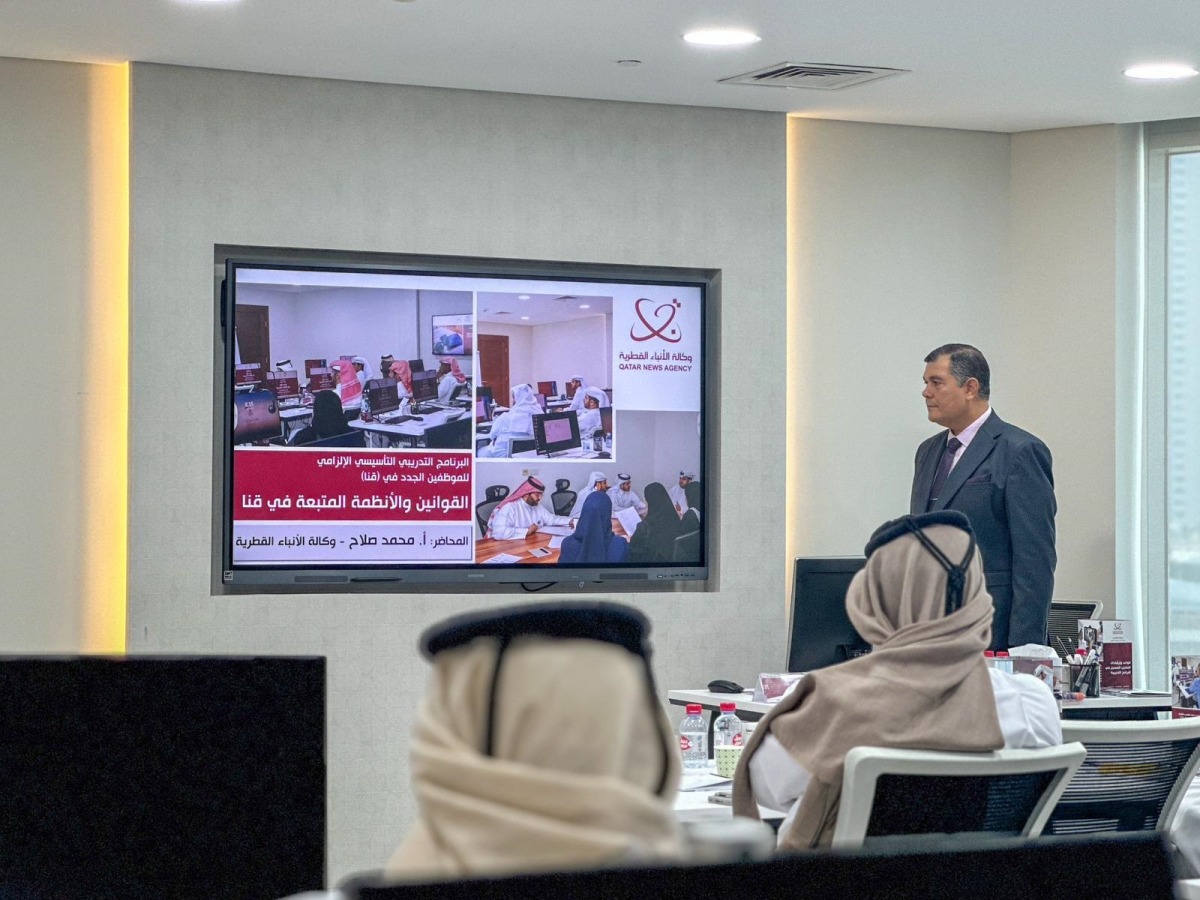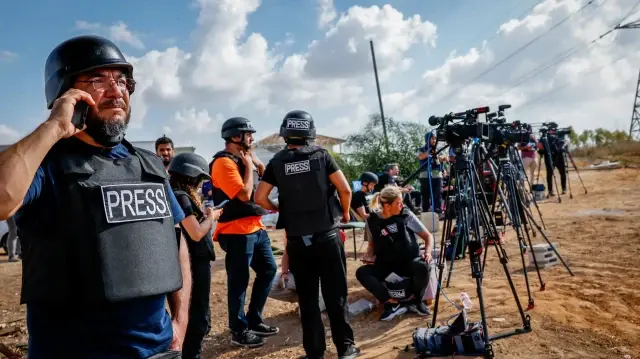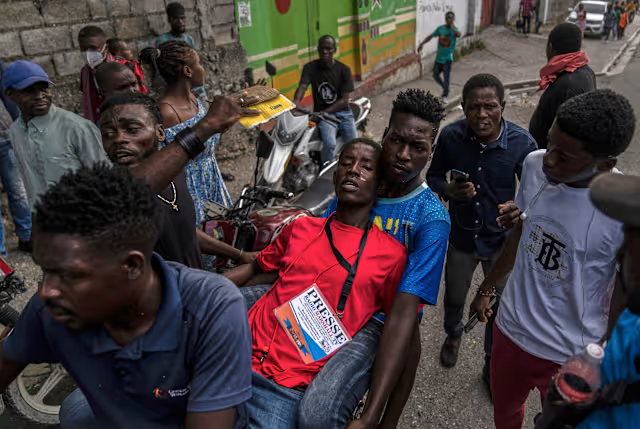
Haitian Journalists Risk Lives to Report Amid Gang Violence and Collapse
April 3, 2025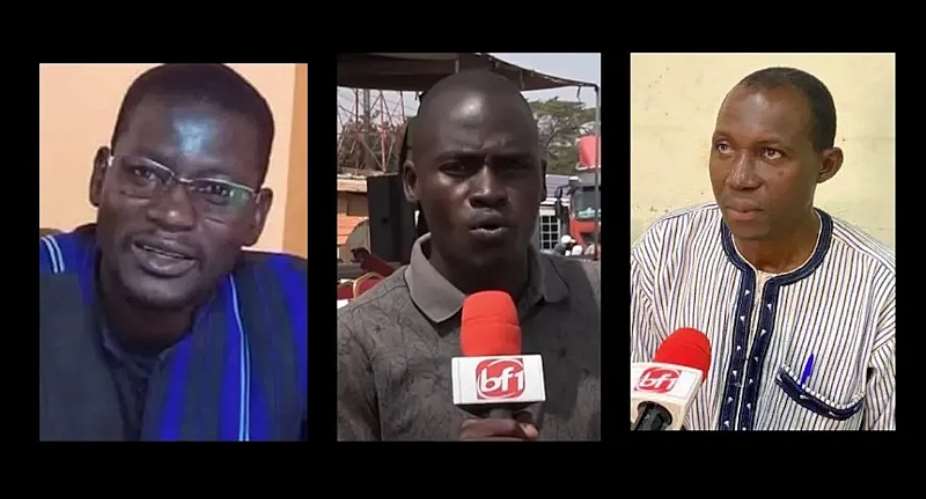
Burkina Faso: Journalists Forcibly Conscripted Amid Crackdown on Press Freedom
April 4, 2025April 04, 2025 – Qatar/Palestine –
Zvika Klein, editor-in-chief of The Jerusalem Post, has spoken out following his brief arrest and interrogation in early April 2025, claiming he was targeted unfairly due to his reporting. His detainment is linked to the broader “Qatargate” scandal, which alleges that aides to Israeli Prime Minister Benjamin Netanyahu received illegal benefits from the Qatari government to improve its image in Israeli media.
Klein, a respected journalist, became the first Israeli media figure to visit Qatar in 2024 and interview its prime minister. That high-profile reporting trip, he insists, was cleared with Israeli authorities in advance and did not involve any compensation or benefits from the Qatari government. He was taken in for questioning on suspicion that he had received favors in return for favorable coverage, an accusation he strongly denies.
During his 12-hour interrogation, Klein’s phone was seized, and he was placed under temporary house arrest, prohibited from contacting his family or employer. He has since been released but expressed deep concern over the experience, describing it as a violation of his rights and damaging to press freedom in Israel. He maintains that his actions were purely professional and journalistic, emphasizing that The Jerusalem Post funded the trip and that he followed all ethical standards.
The broader investigation focuses on Netanyahu’s close associates, particularly Jonatan Urich and Eli Feldstein, who allegedly accepted financial support through American lobbyist Jay Footlik to promote Qatar positively in Israeli politics and media. While Netanyahu is not accused of wrongdoing, he has reportedly been questioned as a witness in the affair.
Klein’s arrest has sparked debate over the use of legal tools against journalists in politically sensitive cases. Media watchdogs and fellow journalists have rallied behind him, warning that such actions risk chilling investigative journalism in Israel. Klein, now back at work, says the experience has only strengthened his resolve to uphold press freedom and remain transparent about journalistic practices.
His case continues to draw attention as Israeli authorities expand the investigation, and many in the media community see it as a test of the country’s democratic commitment to freedom of the press.
Reference –

